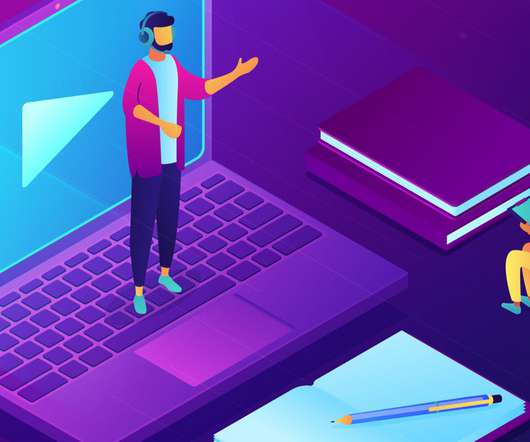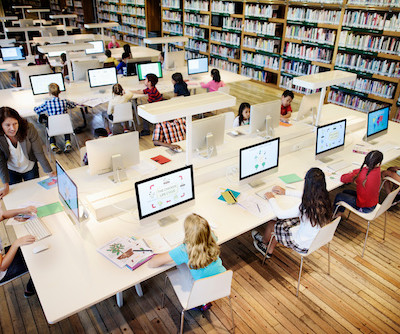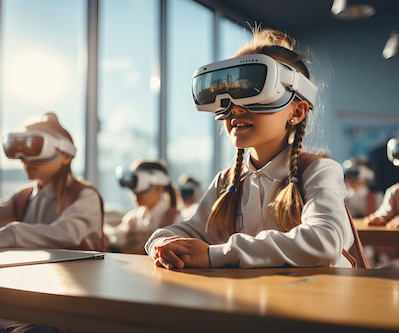The 3 Biggest Remote Teaching Concerns We Need to Solve Now
Edsurge
APRIL 2, 2020
Privacy and Student Data During these pressing circumstances, many educators are curating and sharing digital tools, strategies, and tips for remote teaching with their networks. Educators should also use the Universal Design for Learning framework from CAST as a guide for creating inclusive educational experiences for remote learners.

















Let's personalize your content